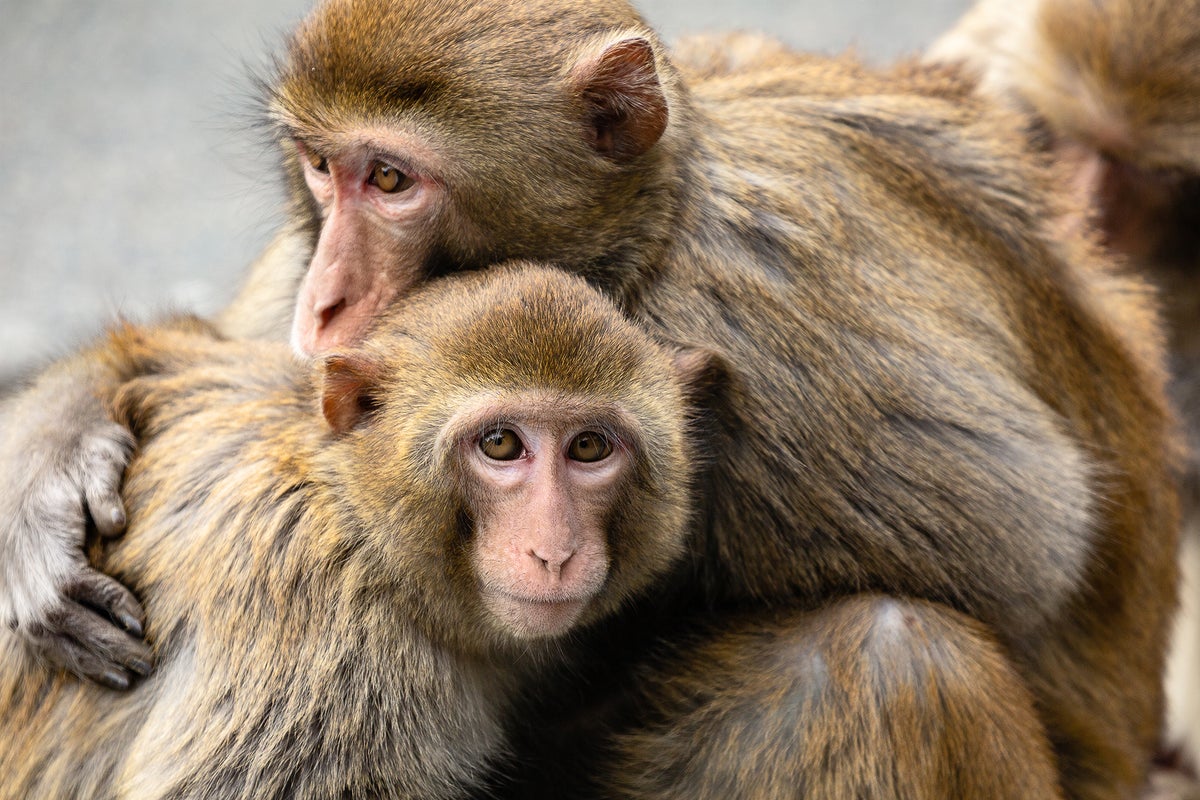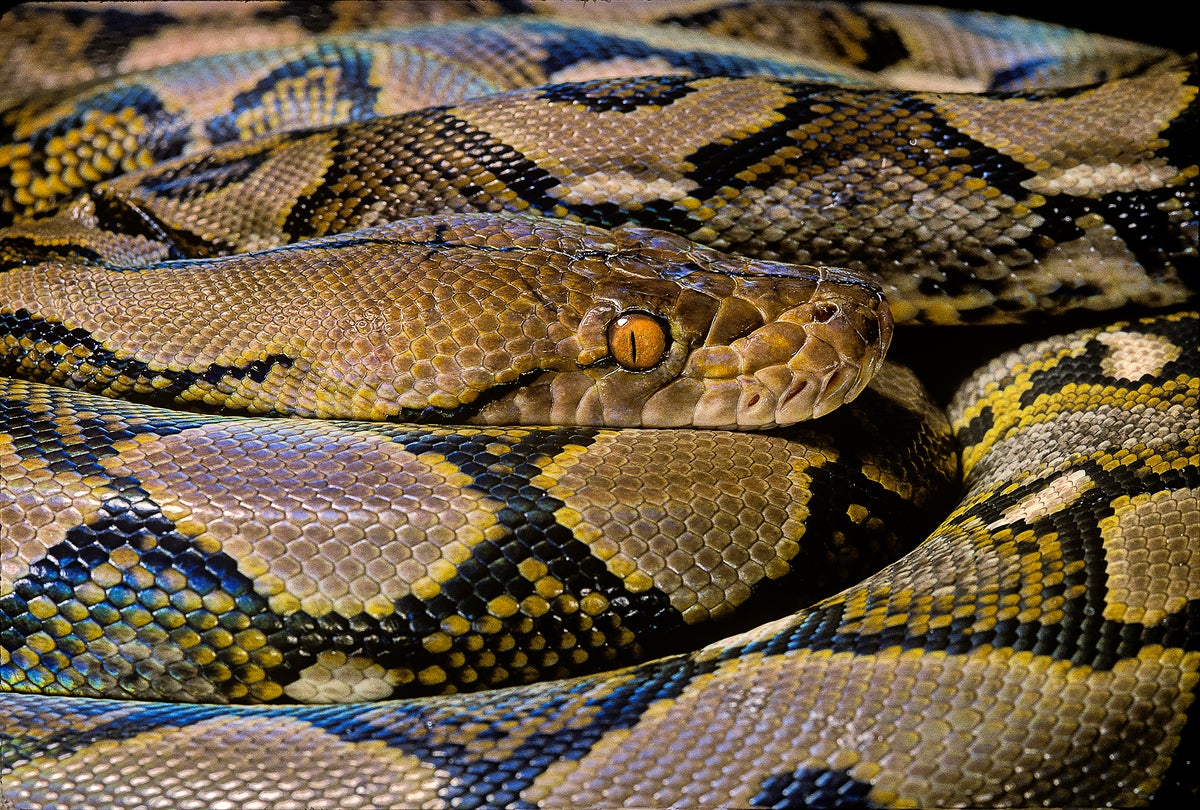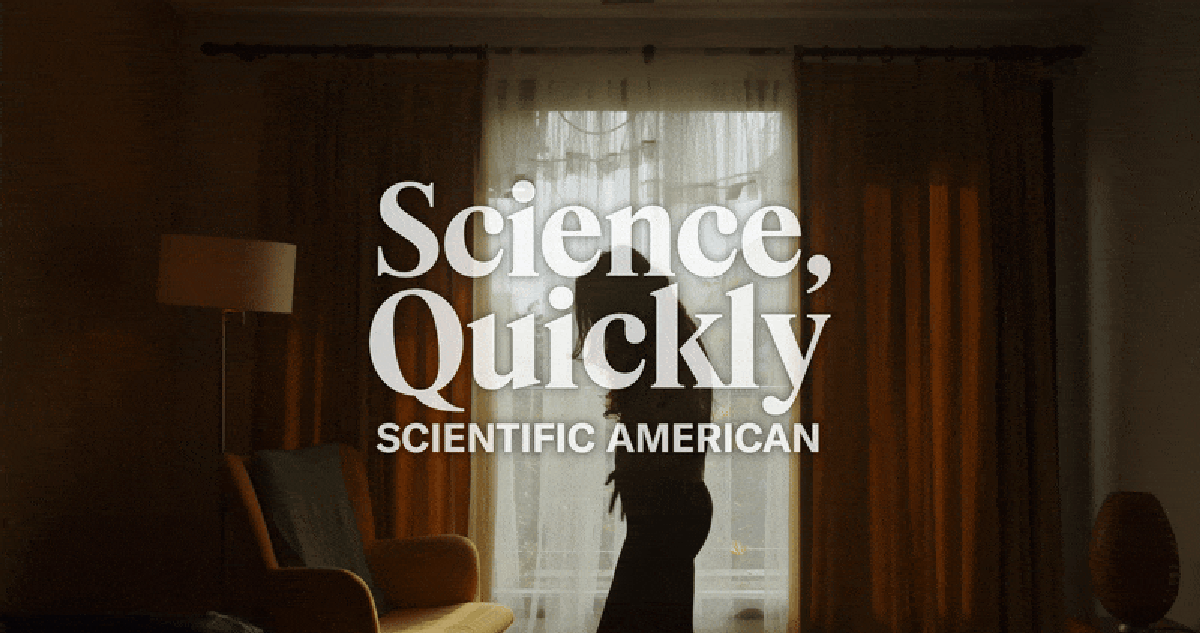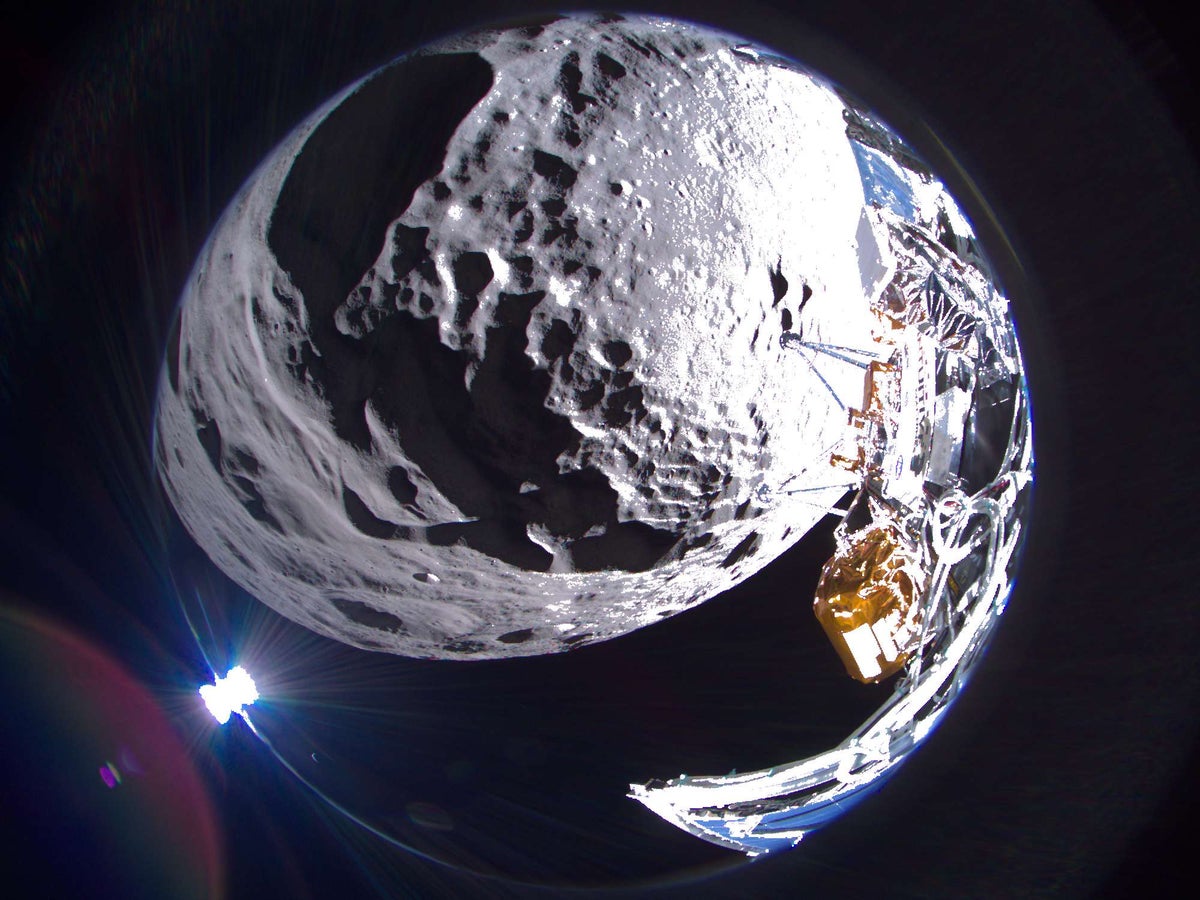In the summer of 1991, the neuroscientist Vittorio Gallese was studying how movement is represented in the brain when he noticed something odd. He and his research adviser, Giacomo Rizzolatti, at the University of Parma were tracking which neurons became active when monkeys interacted with certain objects. As the scientists had observed before, the same… Continue reading Overexposure Distorted the Science of Mirror Neurons
Tag: Quantum Stuff
Dark Energy May Be Weakening, Major Astrophysics Study Finds
While researchers find these numbers tantalizing, they also warn against reading too much into the higher values. The universe is a lot more complicated than a coin, and the statistical significances depend on subtle assumptions in the data analysis. A stronger reason for enthusiasm is the fact that all three supernova catalogs — which span… Continue reading Dark Energy May Be Weakening, Major Astrophysics Study Finds
A Study in Primates Reveals How the Brain Encodes Complex Social Interactions
A Study in Primates Reveals How the Brain Encodes Complex Social Interactions The research tracks, at the level of individual neurons, what happens when a monkey hangs out with other monkeys. It even found a possible neural code for empathy By Lydia Denworth Zane Michael Cooper/Getty Images Reciprocity—I scratch your back; you scratch mine—has long… Continue reading A Study in Primates Reveals How the Brain Encodes Complex Social Interactions
Wildfires Used to Die Down after Dark. Drought Has Changed That
CLIMATEWIRE | Night was once a time of reprieve during wildfire season, when the cool air and moist ground would temporarily slow the spread of angry blazes. But that’s changing as the climate warms. Recent studies have found that nighttime burning is growing more intense across the globe, including in North America, where the annual… Continue reading Wildfires Used to Die Down after Dark. Drought Has Changed That
Snake Steak Could Be a Climate-Friendly Source of Protein
Snake Steak Could Be a Climate-Friendly Source of Protein Pythons turn their food into meat pretty efficiently, a study finds, making them an intriguing alternative to climate-unfriendly cows By Meghan Bartels Reticulated python (Malayopython reticulatus). Paul Starosta/Getty Images Put aside your chicken cutlets and meatloaf and say hello to python curries and satay skewers. Some… Continue reading Snake Steak Could Be a Climate-Friendly Source of Protein
How the Ancient Art of Eclipse Prediction Became an Exact Science
The next big step came in 1824, when the German astronomer Friedrich Bessel extended the Newtonian approach of thinking about eclipses using the laws of gravity. He envisioned the moon’s shadow cast onto an imaginary plane running through the center of the Earth. You could then project that shadow back up to the surface of… Continue reading How the Ancient Art of Eclipse Prediction Became an Exact Science
Large Study of ME/CFS Patients Reveals Measurable Physical Changes
Tanya Lewis: Hi, this is Your Health, Quickly, a Scientific American podcast series. Josh Fischman: We bring you the latest vital health news: Discoveries that affect your body and your mind. Lewis: And we break down the medical research to help you stay healthy. On supporting science journalism If you’re enjoying this article, consider supporting… Continue reading Large Study of ME/CFS Patients Reveals Measurable Physical Changes
Topologists Tackle the Trouble With Poll Placement
In Georgia’s 2020 gubernatorial election, some voters in Atlanta waited over 10 hours to cast a ballot. One reason for the long lines was that almost 10% of Georgia’s polling sites had closed over the preceding seven years, despite an influx of about 2 million voters. These closures were disproportionately concentrated in predominantly Black areas… Continue reading Topologists Tackle the Trouble With Poll Placement
In NASA’s Push for the Moon, Commercial Partners Soar—And Stumble
It has been a rough-and-tumble start for hurling hardware and science experiments to the moon under NASA’s Commercial Lunar Payload Services initiative, dubbed CLPS. Under CLPS, American vendors have been contracted to assist the space agency in revitalizing the nation’s lunar exploration capabilities, all in preparation for a crewed lunar landing at the lunar south… Continue reading In NASA’s Push for the Moon, Commercial Partners Soar—And Stumble
SpaceX’s Starship Rocket Reached Record Heights before It Was Lost
SpaceX’s Starship Rocket Reached Record Heights before It Was Lost SpaceX lost both the booster and vehicle in a test launch of its massive Starship rocket. But the third try was the charm for Starship, which smoothly separated in its most successful flight to date By Josh Dinner & SPACE.com The SpaceX Starship spacecraft lifts… Continue reading SpaceX’s Starship Rocket Reached Record Heights before It Was Lost





